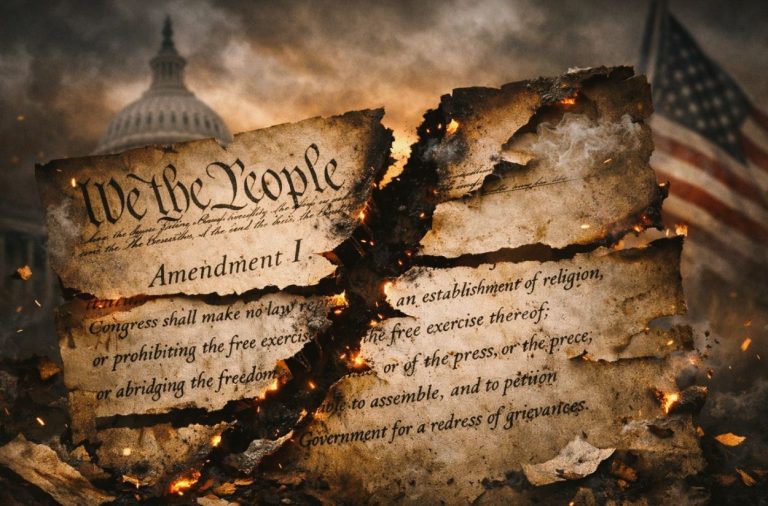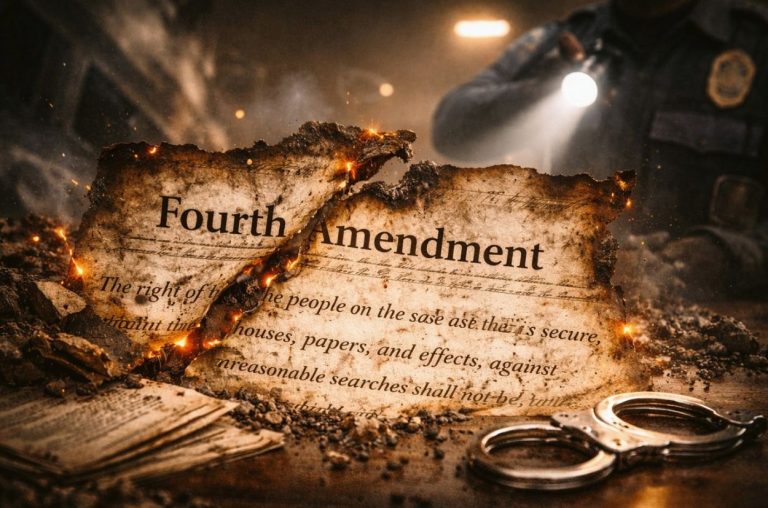

Law enforcement agencies being tasked to aggressively pursue vanishingly rare instances of voter fraud.

By Michael Waldman, J.D.
President
Brennan Center for Justice
Since the 2020 election, the nation’s voting systems have been under unprecedented attack from multiple angles. Laws that make it harder to vote. Legislation that sabotages the electoral process. Threats and harassment directed at election officials. Extreme racial and partisan gerrymandering.
Enter another threat: “election police.”
As the New York Times reported over the weekend, Republican governors and legislators are creating new law enforcement agencies to aggressively pursue voter fraud allegations. Earlier this month, the Florida Legislature voted to create the Office of Election Crimes and Security. In Georgia, a bill moving through the legislature expands the Georgia Bureau of Investigation’s power to pursue election violations. An Arizona bill introduced by a state senator who wants to overturn the 2020 election would create an “election bureau” to aggressively hunt down voter fraud. Texas already has its own “election integrity unit” — which it has beefed up over the last two years — in search of voter fraud to prosecute.
There’s one problem: widespread voting fraud is a myth, and these measures are a solution likely to be far worse than the problem.
How do we know this? Because as the Times reports, Florida election officials made 75 referrals of possible election fraud during the 2020 election, according to the Florida secretary of state’s office. Just four cases have been prosecuted.
Over the last two years, Texas’s election integrity unit has had about as much luck as Florida. In 2020, the unit closed 17 cases. Last year, that number fell to three. And in Wisconsin, its election commission reported that it had referred 95 incidents of people with a criminal record voting to local prosecutors. All told, 16 people have been charged with a crime.
These numbers are par for the course. Lorraine Minnite, an expert in voter fraud at Rutgers University, told the Times that the amount of voter fraud happening doesn’t change much. “In an election of 130 million or 140 million people, it’s close to zero.”
Yet 62 percent of Republicans — compared with just 19 percent of Democrats — say voter fraud is a major problem, according to a recent poll from Monmouth University.
This predates Donald Trump’s Big Lie of a stolen election, but his cartoonish version has now become dogma. “As myths about widespread voter fraud become central to political campaigns and discourse, we’re seeing more of the high-profile attempts to make examples of individuals, ” my colleague Wendy Weiser explained to the Times.
These efforts are clearly political, and its proponents are playing with fire. To create law enforcement squads to aggressively search for vanishingly rare fraud doesn’t just waste taxpayer money. It’s one more way partisans are using the myth of widespread voter fraud to cast doubt on free and fair elections.
By continuing to discredit our election system without any evidence, these self-proclaimed protectors of democracy are nothing but arsonists.
Originally published by the Brennan Center for Justice, 03.22.2022, under the terms of a Creative Commons Attribution-No Derivs-NonCommercial license.


